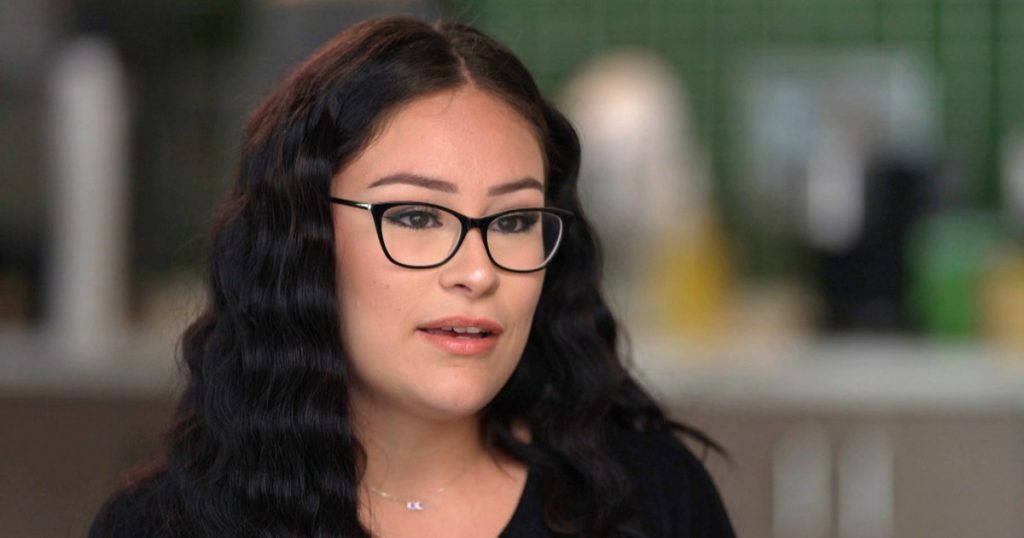Bianca Chavarria’s second pregnancy took a dangerous turn when she developed placenta accreta, a condition in which the placenta fails to detach from the uterus, resulting in life-threatening bleeding. Due to a lack of blood at her local hospital, she was transferred to San Antonio’s University Hospital, where she received a diagnosis and treatment for the condition. Despite the urgency of the situation, Chavarria delivered a healthy baby boy with the help of the hospital’s innovative blood program, which ensures a ready supply of whole blood for emergencies.
San Antonio’s whole blood program was established by retired Air Force trauma surgeon Donald Jenkins, who saw its benefits in treating soldiers on the battlefield and sought to make it available to civilians. The program, considered a model for the country, involves making whole blood available on rescue vehicles and in trauma centers, including at University Hospital. This approach proved crucial in treating conditions like placenta accreta, which often result in massive blood loss and require immediate intervention to save lives.
University Hospital’s specialized team of OB-GYNs, gynecological oncologists, trauma surgeons, and other specialists meet regularly to discuss and plan for placenta accreta cases. The hospital recognized a significant increase in the incidence of the condition about ten years ago, prompting the creation of the special unit to address high-risk cases. The availability of whole blood through the city’s program has further enhanced the hospital’s ability to treat patients effectively and improve outcomes for both mothers and babies.
The blood bank at South Texas Blood and Tissue, which supplies University Hospital and other partner hospitals, plays a crucial role in ensuring a steady supply of whole blood for emergency situations. Through a rotation program, blood is first allocated to rescue helicopters and ambulances, then tested for safety before being provided to hospitals for trauma cases. This system minimizes blood wastage, with less than 1% of donated blood going unused, highlighting the precious gift that donors provide in saving lives.
Chavarria returned to University Hospital to express her gratitude to Dr. Caitlin Martin, who played a significant role in saving her life and delivering her healthy baby boy. Her two children, Draven and Violet, also had the opportunity to meet the doctor who helped their mother during a critical time. Chavarria described Martin as a superhero and expressed her gratitude for the care and support she received during a challenging and life-threatening situation.
The comprehensive approach to treating placenta accreta cases at University Hospital, combined with the availability of whole blood through San Antonio’s program, has enabled the medical center to establish itself as a leader in treating this condition. The specialized team of healthcare professionals, the focus on individualized care, and the commitment to providing a steady supply of whole blood have contributed to successful outcomes for patients facing life-threatening emergencies. Through collaboration and innovation, University Hospital continues to save lives and improve maternal and neonatal outcomes.


